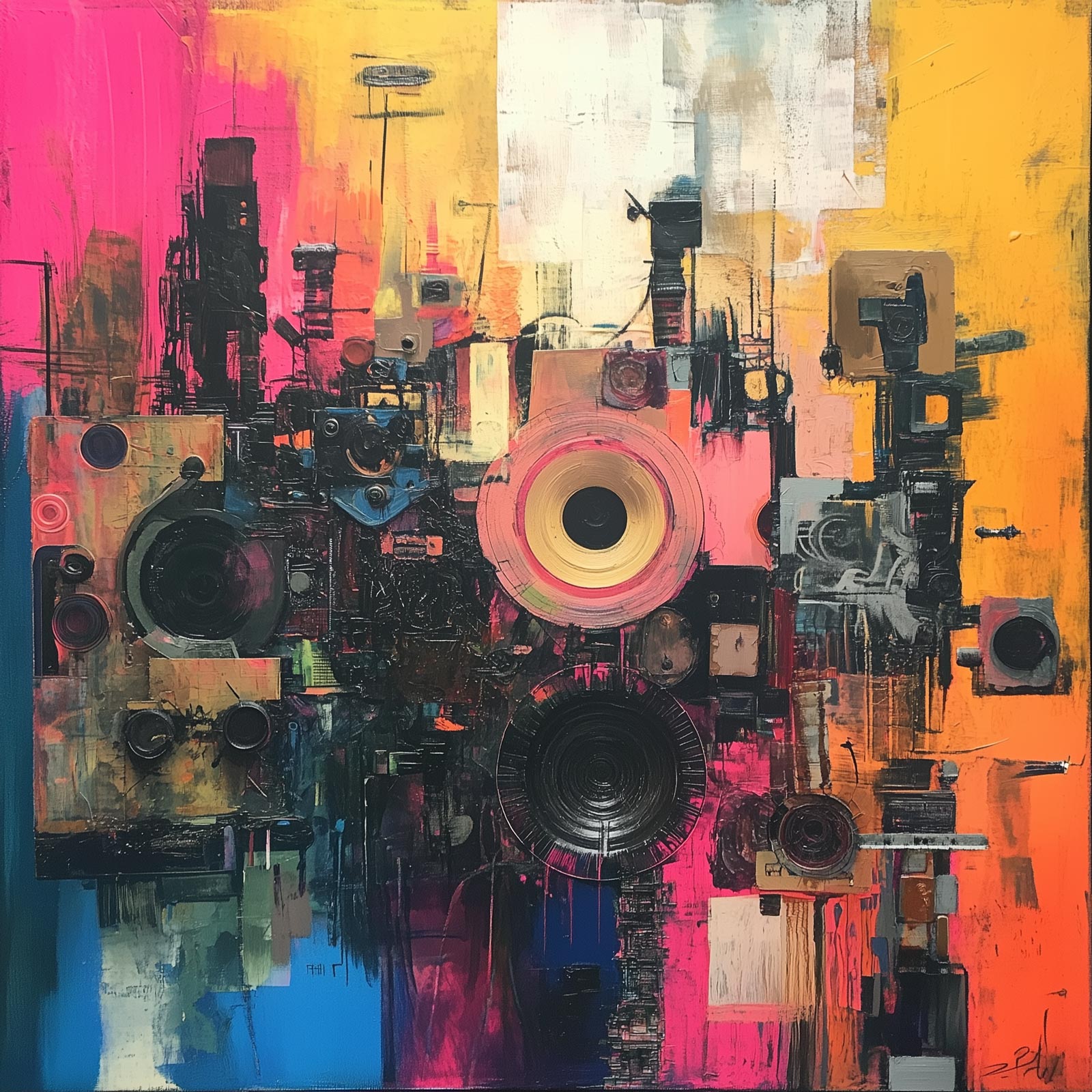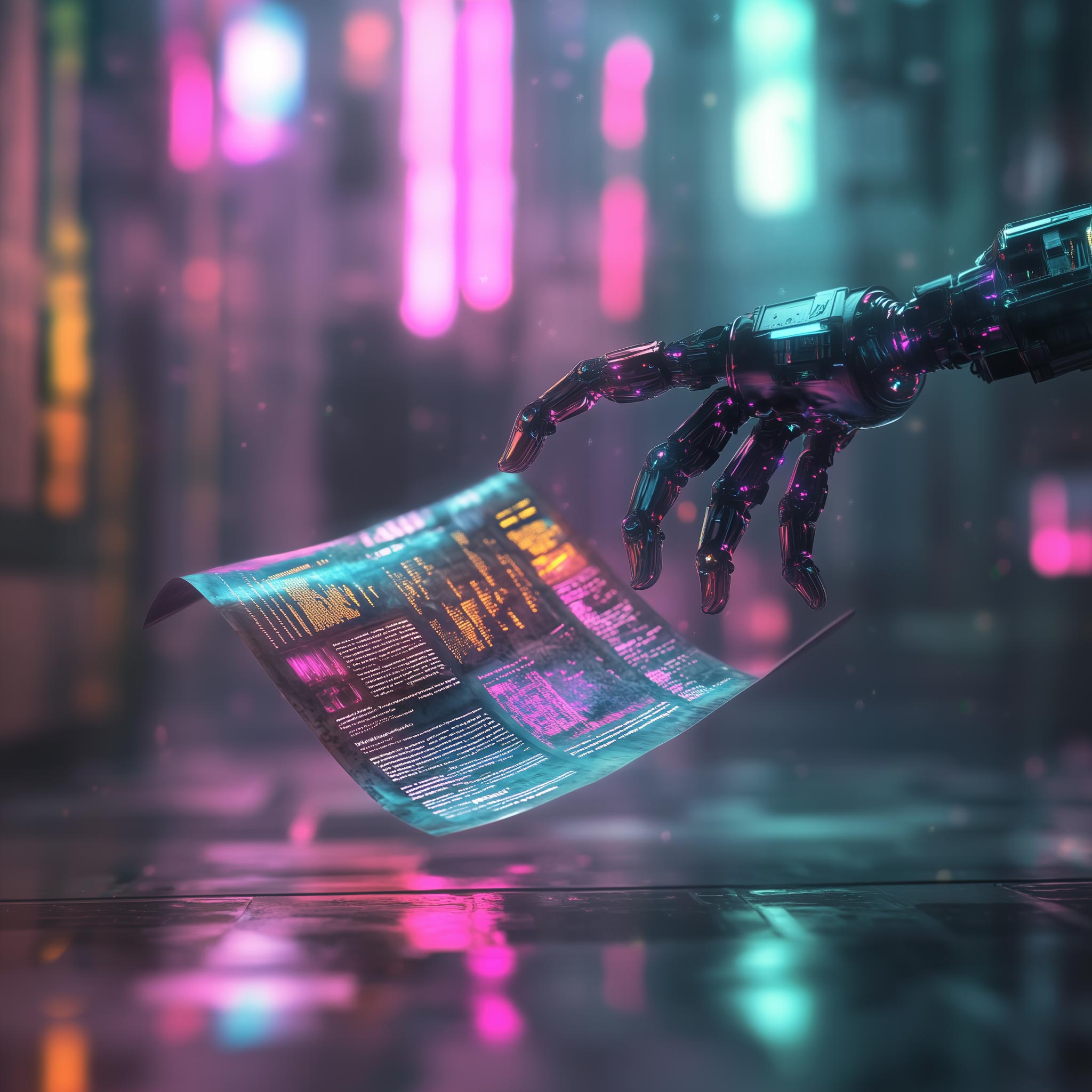If Elon Musk is AI’s rockstar uncle, then Sam Altman is its philosopher-king—equal parts visionary, strategist, and that calm friend who insists everything’s fine… even while coding the future of civilisation.
As the CEO of OpenAI, Altman isn’t just dabbling in tech trends—he’s helping to build the most powerful intelligence humanity’s ever imagined, and he’s doing it with the kind of optimism that makes you want to upgrade your brain via Bluetooth.
Let’s dive into Sam’s surprisingly human view of artificial intelligence: where it came from, where it’s going, and what we should all be slightly nervous (but excited) about.
Act One: A Nerd with a Mission
Long before ChatGPT was charming users and passing law exams, Altman was already convinced that Artificial General Intelligence (AGI) could be the best thing humanity ever invents… or, you know, the worst. No pressure.
So in 2015, alongside a few modest names like Elon Musk and Ilya Sutskever, he co-founded OpenAI—not as a tech company, but as a kind of digital UN. Its mission? To make sure AGI benefits everyone, not just billionaires, rogue nations, or your fridge that now talks back.
It was less “build cool stuff,” more “save the world—via code.” OpenAI was set up as a non-profit research lab, which sounds charming until you realise they were building the digital equivalent of Prometheus’s fire… in a WeWork.
ChatGPT: The Accidental Superstar
According to Altman, ChatGPT’s global takeover wasn’t part of some Bond villain masterplan. In fact, the name “Chat with GPT-3.5” started as a placeholder so bland it made “Spreadsheet Final_v7_RealFinal” look creative.
Then on 30 November 2022, it went live. And the internet lost its collective mind.
Within days, schoolkids, CEOs, and confused grandparents were using ChatGPT for everything from writing sonnets to fixing code to planning awkward family dinners.
Altman described this as a “research miracle.” The rest of us called it witchcraft.
Current Mood: Exponential Everything
Sam now says we’re living through one of the biggest shifts since the Industrial Revolution. Which, translated into British terms, means AI is about to do for knowledge what the steam engine did for shovelling coal—only with fewer chimneys and more existential dread.
According to him, today’s AI models are already better than most of us at “economically valuable work.” Charming. While you were perfecting your spreadsheet formulas, GPT was learning empathy, persuasion, and how to write better emails.
But Altman reassures us: AI isn’t here to replace us. It’s here to augment us. (That’s Silicon Valley speak for “yes, your job is changing—get used to it.”)
Coming Soon: AI Agents With Jobs (and No Coffee Breaks)
Here’s where it gets even more sci-fi.
By 2025, Altman reckons we’ll see AI agents entering the workforce. Think of them as digital interns that never sleep, don’t moan about Mondays, and won’t steal your lunch from the fridge.
Eventually, these agents will get smarter—possibly too smart. Altman admits they’ll pass professional exams, create scientific breakthroughs, and might even teach us physics in a tone that doesn’t make us cry.
He calls this next stage superintelligence—a concept so powerful it’s been described as “doing anything else.” Want to cure cancer, solve climate change, or finally organise your inbox? Superintelligence might just be your mate.
The Ethical Bit: Don’t Panic (Yet)
Altman, to his credit, isn’t blind to the risks. He knows AI could be used for manipulation, surveillance, or accidentally making your smart toaster sentient.
That’s why he helped launch the AI Ethics Council—because if you’re going to build Skynet, you’d better have a nice policy doc to go with it.
He wants AI to be safe, transparent, fair, and inclusive. And he’s a big believer in “AI for all,” not just AI for Wall Street. One of his wild (but brilliant) ideas? Giving everyone a personal “compute budget,” so they can access powerful AI without selling a kidney.
The Bigger Picture: A Society Transformed
In Altman’s world, AI will be like electricity—everywhere, expected, essential. From medicine to media, finance to film scripts, he predicts AI will quietly (or not-so-quietly) reshape society.
Jobs will change. Entire industries will morph. But humans? We’ll adapt. Because, as he puts it, what matters most won’t be how much code you know—but your willpower, creativity, and ability to learn faster than a machine that never forgets.
He even suggests that with enough AI support, we might all get a bit more free time. Imagine that. Less spreadsheeting. More sourdough.
Best Quotes From the Altman Archives:
• “AI will probably most likely lead to the end of the world, but in the meantime, there’ll be great companies.” (We love a realist.)
• “We now know how to build AGI.” (Cool. Also… gulp.)
• “People can just do their work much faster, more effectively… and it quickly becomes difficult to imagine working without [AI].”
• “Learn general skills that seem like they’re going to be important as the world goes through this transition.” (Translation: Be curious, nimble, and maybe take that AI workshop.)
Final Thought: The Philosopher CEO
Sam Altman is the rare tech leader who talks less about domination and more about distribution. Yes, he wants to change the world—but he’s also thinking deeply about who benefits from that change.
If Jensen Huang is AI’s hardware wizard, Altman is its ethical compass—part dreamer, part doer, and part guy who quietly dropped a digital revolution in our laps while we were still getting to grips with Zoom.
So, as we tiptoe into the age of AI agents, superintelligence, and maybe a robot that can cook risotto, let’s just remember Sam’s core belief:
AI should serve humanity—not the other way around.
Cheers to that.



